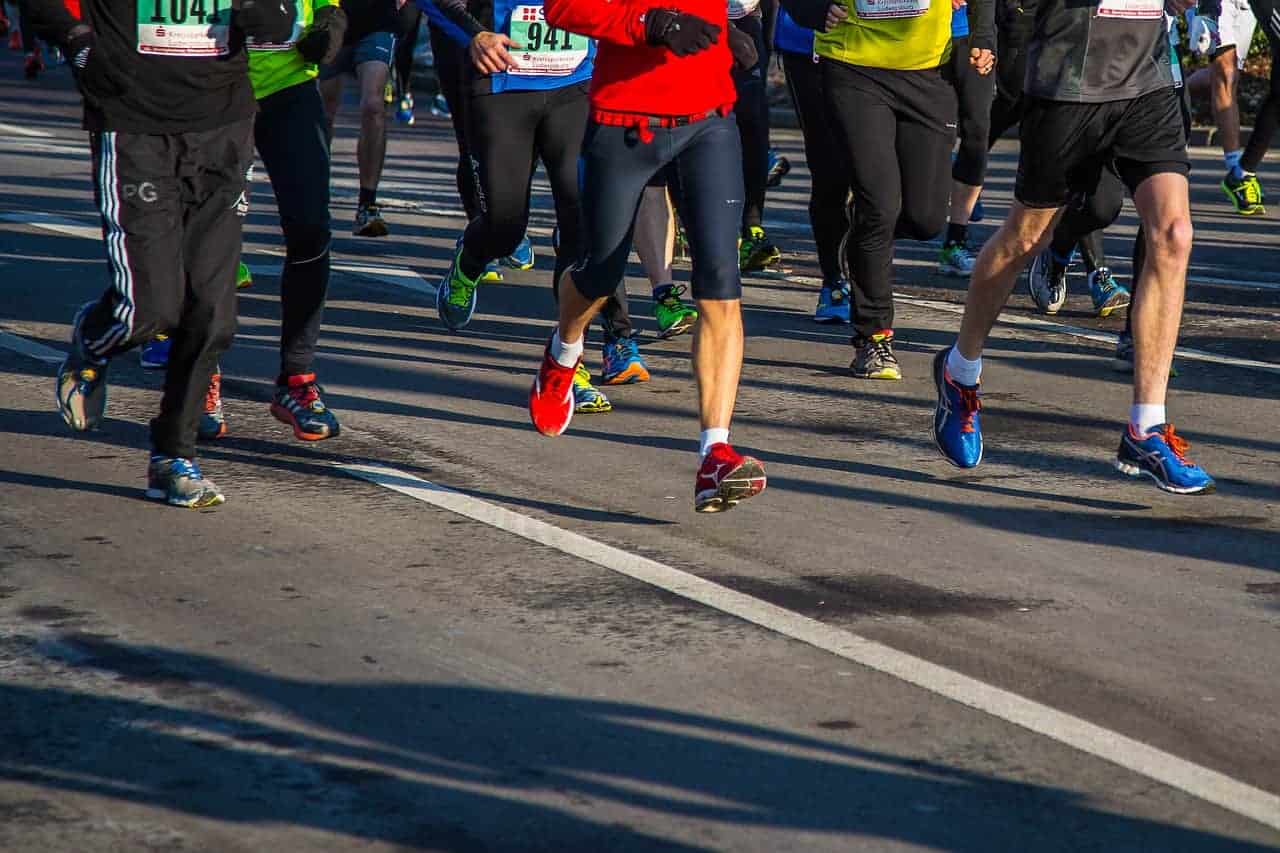Tag: Runner Injury
FINISHING THE LONDON MARATHON
The 2018 London Marathon is just around the corner! Are you preparing for the run this year? If so, you’ll be very aware of the struggle ahead. A challenge like a marathon is incredibly rewarding but also tough on the body. Increasing your exercise capacity to this level pushes the limits of endurance both physically and mentally.
But even though this can feel torturous at times, you should not ignore recurrent pain or discomfort that persists after adequate rest. A common mistake is to push through and wait until pain prevents training before seeking care. By then, prolonged time off is often necessary to heal. It is estimated that 50 to 70 percent of first-time marathon runners drop out before their race.
If you do pick up an injury:
- First and foremost, stop and get it assessed.
- Maintain your strength and endurance as much as possible while recovering from your injury. If it prevents you from running, low-impact cardio exercise such as swimming, cycling or pool running can continue to improve exercise tolerance.
- Don’t be over-anxious to return to running, a good indicator of readiness is once you can walk for 30 minutes without pain during or after, you can begin a slow, careful return to pain-free running.
- Do not push through the pain.
Moving forward
As you increase your training and running, consider a biomechanical assessment. Slight problems in gait caused by many issues from footwear to posture to old injuries can cause new injuries (knees are particularly susceptible), or cause you to have to slow your pace or walk during the race.
Listen and respond to your body throughout training and recovery, and that finish line is waiting for you!
Post race
As you can imagine, a marathon takes its toll on the body in many ways. A post race assessment is well worth it, to identify any issues caused, not to mention a treatment to work out some of that lactic acid and to restore full function to the joints and muscles.
Our osteopath Andrew Doody and podiatrist George Hill can help with any marathon-related complaints. For more training tips and advice, or marathon injury treatment you can book an appointment online.
Massages are known to reduce stress and help you relax but they are often overlooked as part of an extensive exercise recovery plan. Not only are they important throughout marathon training programmes but are an essential part of recovery.
Recovering from a marathon is a critical component to a perfect training plan that runners often neglect. Post marathon massages are known to prevent injury, help repair injured muscle tissue and decrease recovery time to help you get back to your training regime quicker. Unfortunately, if you don’t properly recover from a marathon, it will be harder to break your PR and stay healthy.
It doesn’t matter if you’re a professional runner or if it’s your first marathon, the impact of running such a distance has undoubtedly put your body under enormous stress and physical duress.
The most obvious physical impacts are muscle soreness and fatigue which cause damage. It will take your muscles approximately 2 weeks post marathon to return to full strength.
It is essential for marathon runners to have considered a 2-3 week marathon recovery protocol that focuses on rest and rejuvenation and we’d recommend 2 sports massages within that time frame to assist recovery.
It is never recommended to have a massage on the day of a marathon or the day after as your body firstly needs to rest and heal the muscular damage and correct any inflammation.
We’d recommend…
Day 1 – 3 Post Marathon
A light massage or using a roller massage stick to help loosen and stretch your muscles from any delayed muscle soreness. A deep tissue massage isn’t recommended just yet.
Day 4 – 7 Post Marathon
You should consider booking in a deep tissue sports massage. Point out any areas that are really bothering you and use massage to help prevent injuries. Your osteopath can also help identify any injuries you may have and the best action to recovery.
- Effects and benefits of sports massage
- Pumps blood and fluids around the body.
- Helps stretch muscles and improve elasticity.
- Helps get rid of lactic acid build up.
- Breaks down scar tissue.
- Reduces pain.
- Relaxes muscles, body and mind.
- Can help reduce anxiety.
Combining recovery massages with a good diet and plenty of water will help you recover much more quickly.
If you would like to incorporate recovery massages into your marathon training or book in for a post-marathon massage, you can book an osteopathy appointment online. Learn more about our osteopathy services here.




